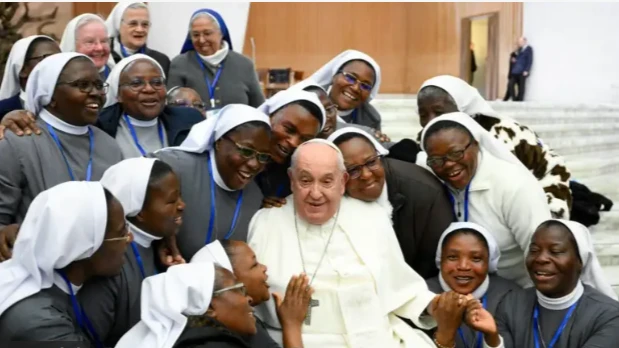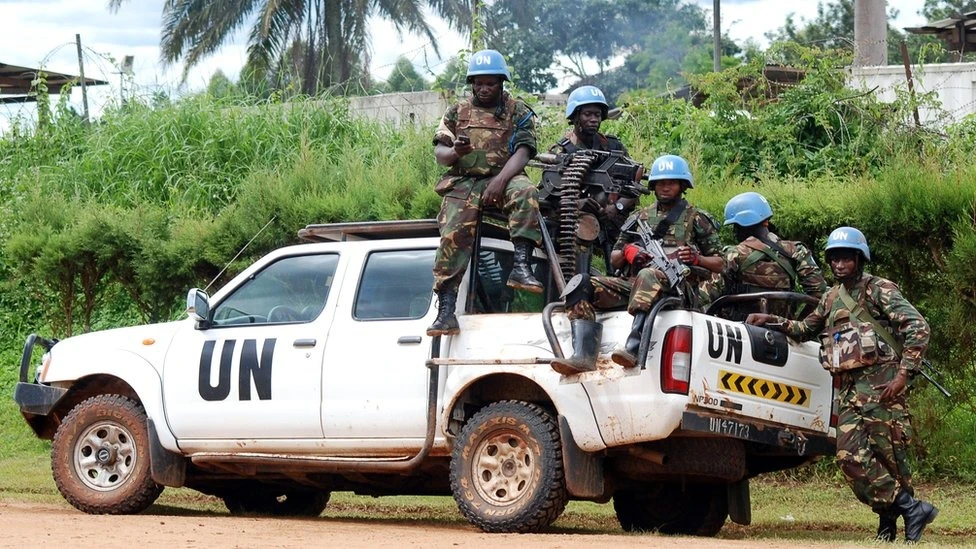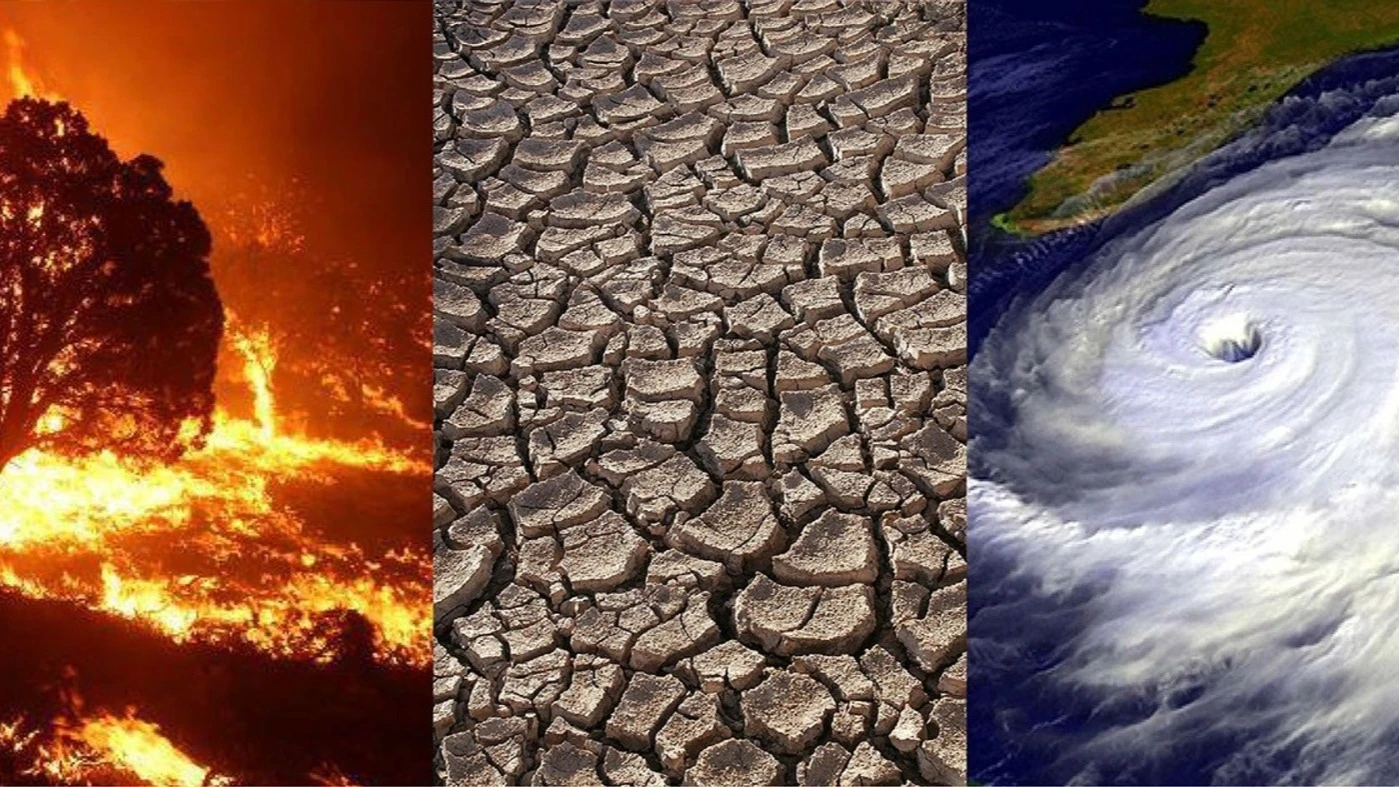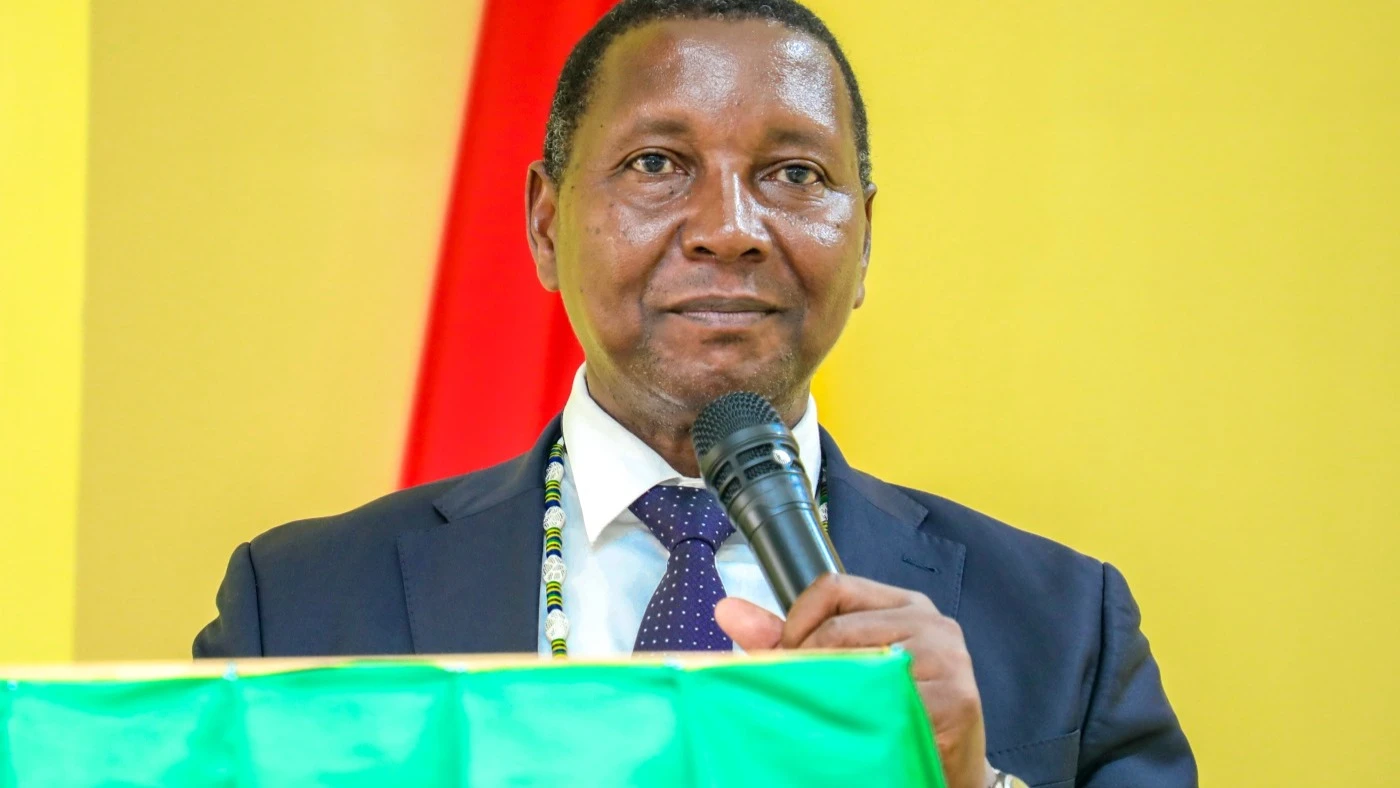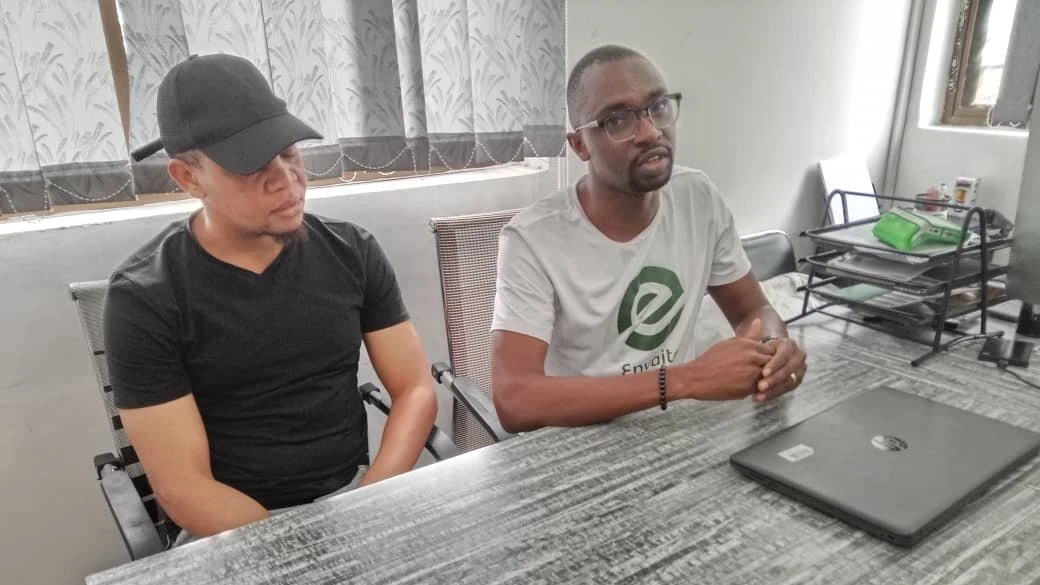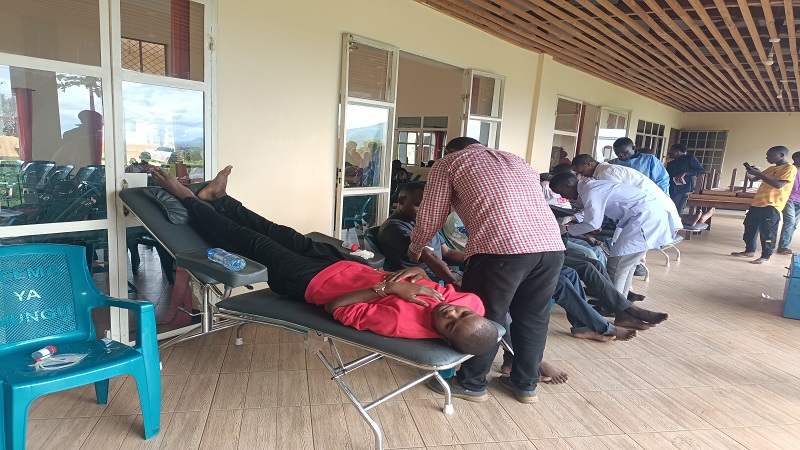TASAF grants accelerate livelihood transformation in Zanzibar
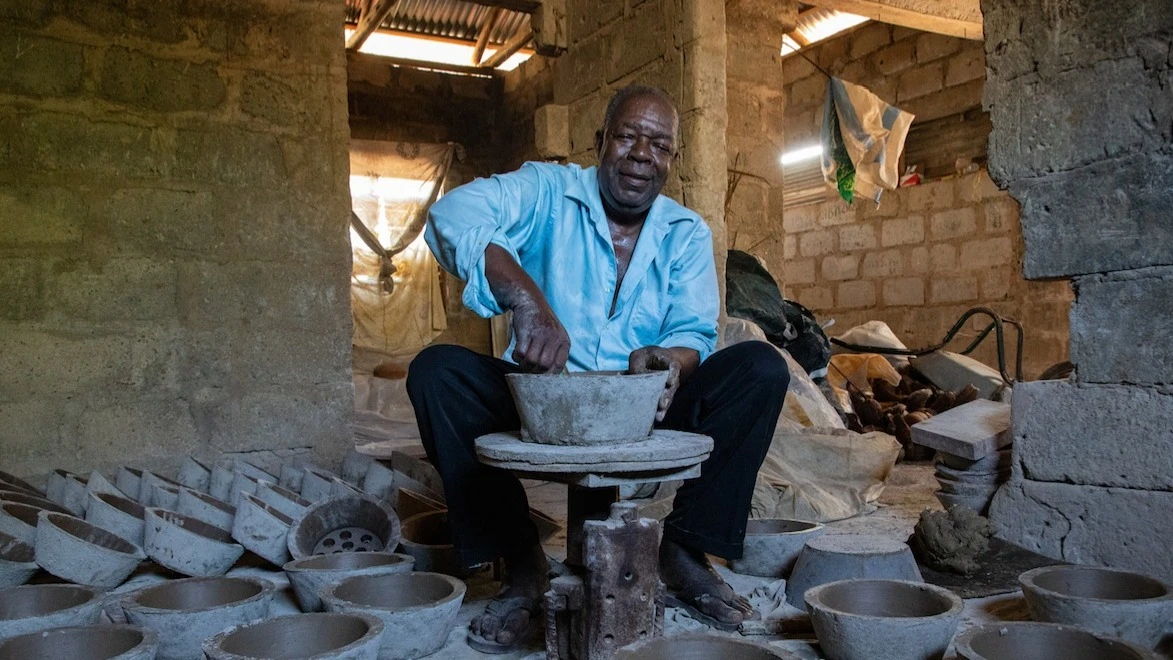
In Zanzibar’s villages, a quiet but powerful transformation is underway. Many households once trapped in poverty are now writing new stories of hope and economic progress — thanks to the Tanzania Social Action Fund (TASAF) and its productive grants program.
Hamid Juma Sheha (60), a resident of Kiembe Samaki in Unguja, smiles as he shares his story: "My economic situation has been improving since I became a TASAF grant beneficiary." With TASAF’s support nearly four years ago, Sheha started a small-scale clay stove manufacturing business with 450,000/- capital. Today, he produces three stove sizes, selling at 1,300/-, 1,800/-, and 2,200/-, and has grown his capital to over 1 million shillings.
"TASAF is among the Union institutions that have helped poor communities rise economically," says Sheha. Reflecting on Tanzania and Zanzibar’s 61 years of union, he credits TASAF for lifting his family from extreme poverty. His monthly income has grown from 250,000/- to around 500,000/- after production costs. Driven to diversify, Sheha ventured into broiler chicken farming, raising his flock from 100 to 300 chickens and earning an additional 200,000/- monthly.
Sheha emphasizes that TASAF is a testament to the Zanzibar and Union governments' commitment to improving lives. According to the Zanzibar President’s Office, Finance and Planning budget speech for 2024/25, TASAF has made notable strides under President Dr. Hussein Ali Mwinyi’s leadership in uplifting economically disadvantaged populations.
Established in 2000, TASAF supports poor households through its Productive Social Safety Net (PSSN) program, which includes conditional cash transfers, relief programs, and infrastructure development in education and health. President Mwinyi has emphasized accountability, direct beneficiary engagement, and community-driven improvements to ensure the program meets local needs.
"TASAF is not just a programme but a bridge to a better life for millions in Zanzibar," President Mwinyi recently told his cabinet, noting that his government is implementing 15 mega projects worth 3.1bn/- through TASAF to transform people’s lives. He cited the 277m/- Kizimkazi school project as one of the efforts to strengthen education and health services.
Success stories like Khadija Sileim Salim’s highlight TASAF’s impact. The mother of five from Mwera Shehia grew her roadside business into a retail shop after joining a TASAF-supported asset production and lending group. Her business capital expanded from 100,000/- to over 400,000/-. Similarly, Khadija Juma Jafar of Masingini Shehia, a widow with seven children, doubled her 360,000/- grant by venturing into household product manufacturing.
Makame Ali Haji, PSSN Coordinator in the Zanzibar Second Vice President’s Office, reports that since 2020/21, approximately 54,425 households have received grants worth 52bn/- through cash transfers. Public works projects valued at over 4bn/- have benefited sectors like forestry, water, education, and health across Unguja and Pemba.
Additionally, 24,465 households have received productive grants worth 9.4bn/-, helping many graduate from the programme. In education, TASAF identifies promising students from beneficiary families, facilitating full access to higher education loans through the Higher Education Students' Loans Board (HESLB). Since 2020, 209 students from Unguja and Pemba have secured university loans, with many more pursuing certificate and diploma courses.
Beneficiary Mtumwa Ali Hijja, now studying for a Bachelor of Arts in Geography and Environmental Studies at the State University of Zanzibar, says: "When I passed Form Four with Division Two, my parents couldn’t afford my higher education costs. TASAF enabled me to get a 95 percent loan."
TASAF’s reach has expanded dramatically: from fewer than 1,000 beneficiary students before 2021 to 9,893 students receiving higher education loans between 2020/21 and 2024/25. In total, 11,524 students from poor households have accessed full loans. By focusing on education, TASAF is breaking the cycle of poverty and opening doors to future prosperity.
Women have especially benefited: over 65 percent of TASAF grant recipients are female, empowering them in household financial decision-making and boosting family well-being. Specific programmes for women and youth, such as vocational training and startup capital support, have promoted small business growth and economic independence.
Since its inception, the poor households' relief programme has granted 945.52mn/- to 1.4 million households across Tanzania Mainland and Zanzibar. Temporary employment through public works projects provided 91.2bn/- in earnings to 677,772 households, building essential social infrastructure and improving incomes.
Savings and credit groups have also flourished under TASAF’s model. Around 68,346 groups have been formed, comprising over 900,000 members — 79 percent of whom are women. These groups have accumulated savings of 14bn/- and issued loans totaling 7.6bn/-, enabling 51,079 households to access grants worth 19.7bn/- for income-generating activities.
The health and education sectors have seen concrete gains too: children's clinic attendance has risen above 90 percent, and higher education access has broadened for disadvantaged students.
TASAF’s history reflects a commitment to reaching the most vulnerable. Launched in August 2012, the expanded PSSN programme increased beneficiaries from 275,000 to 1.2 million households, aiming to address the 9.7 percent of Tanzanians living below the food poverty line as reported by the 2011/12 Household Income and Expenditure Survey.
Evaluations show significant achievements, including an 8 percent reduction in extreme poverty, increased access to basic needs, and stronger household economies. By supporting communities to become self-reliant, TASAF stands as a model for inclusive development.
As Zanzibar and Tanzania mark 61 years of union, stories like Sheha’s, Khadija’s, and Hijja’s offer a glimpse into a future where poverty is no longer a destiny but a challenge successfully overcome — thanks to sustained, targeted, and accountable government initiatives like TASAF.
Top Headlines
© 2025 IPPMEDIA.COM. ALL RIGHTS RESERVED













